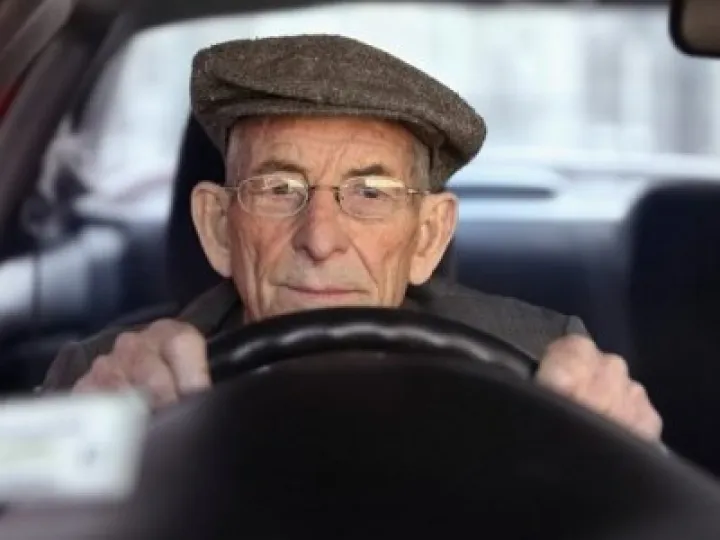Elderly Drivers: When to Stop
When should drivers finally hang up their car keys?
According to a recent report published by the Parliamentary Advisory Council for Transport Safety (PACTS), there are now six million drivers aged over-70 on our roads, where there were fewer than one million in 1980. What's more, that figure is going to grow, as 80 per cent of 60 to 69-year-olds currently hold licences and are expected to continue driving for another 20 years.
So how can elderly drivers remain as safe as possible when driving?
Road Knowledge
A good starting point would be to brush up your road knowledge. Change happens in all walks of life, and some road signs and laws have also changed over the years. You can get a copy of the Highway Code or The Driving Manual at good bookshops, or at this government website
Driver Assessment
You might also consider getting an assessment and put your mind at rest. An assessment involves a practical drive and looks at a person's physical changes in a positive light. It offers support and guidance to help older, more experienced drivers adapt their driving accordingly. The assessment lasts approximately one hour and is conducted in the client's own vehicle. It costs £35 and includes verbal feedback, a written report, a certificate of completion, a high visibility jacket and the latest copy of the Highway Code.
For information and to book online please visit
this dedicated page on Bucks CC website, or telephone 01296 382540.
Medications
We all need to take care with medications, and as we age we may be prescribed a number of different medicines. Some of them can have side effects that impact our driving. So, if you are on medication it is a good idea to seek advice from your doctor – sensible advice for drivers of any age, but especially important for those on multiple medications.
Legal Requirements
Licence Renewal
On reaching the age of 70, drivers are required to renew their licence. Application forms and an information leaflet entitled 'What you need to know about driving licences' is available from Post Offices.
By law, whatever your age, drivers are required to notify the DVLA at the onset or worsening of a medical condition which may affect their ability to drive safely. A list of conditions is included in the leaflet mentioned above. You can contact the DVLA by phone on 0870 600 0301.
Eyesight
Drivers need to be able to read a standard car number plate in good daylight from 20m (67 ft) away – about the length of a cricket pitch. All drivers should have their eyes tested regularly.
Stopping Driving – when is the right time?
This isn't an easy decision to make. Our cars play an important part in our lives, particularly living in a rural location like Haddenham. And for many of us, the convenience of having access to our own transport often outweighs the eco-friendly option of public transport.
Currently there is no legal cut-off age, so the ultimate responsibility for declaring yourself unfit to drive remains a matter of "self-regulation" – i.e., it's up to the individual driver. Clearly, one's own safety, and that of other road users and pedestrians, are the most important considerations.
If you are an elderly driver, you may feel the time has come to hang up your car keys for good when, for example, you notice that your reactions are becoming noticeably slower, or you are finding traffic conditions increasingly stressful. Perhaps you are experiencing physical constraints that limit your ability to rotate your head and shoulders easily, making it harder to maintain good all-round vision at road junctions or when reversing. Your GP, or your friends and family could help you to make your decision.
Giving up driving doesn't mean the end of your independence, especially if most of your car journeys tend to be local. The Fish Scheme in Haddenham provides local transport for free (Tel: Jeanne Watt on 291337, or email her: jeannewatt@btinternet.com). If you live outside the village, the Community Transport Hub will be able to tell you which community transport scheme is right for you; Tel: 0800 085 8480 Monday – Friday, 10am – 2pm. Or email: transport@communityimpactbucks.org.uk
Reduced Costs
The biggest (and somewhat hidden) cost of running a car is its depreciation. This can run into many hundreds, if not thousands, of pounds per year. In addition, the amount you actually spend each month taxing, insuring, maintaining and fuelling your car could pay for a lot of local community transport or taxi journeys. Remember, if you cannot use a bus, AVDC will provide £90 of taxi tokens a year for just £5.







